White Paper
The Importance of Numeracy, Literacy, and Communication Skills in the Cleaning Industry
In today’s rapidly evolving workplace, the cleaning industry is no exception to the growing need for a well-rounded skill set that goes beyond technical proficiency. While cleaning roles have traditionally been seen as physically demanding, they also require strong literacy, numeracy, and communication skills. This white paper explores the vital role these competencies play in the cleaning industry, helping to boost efficiency, enhance workplace safety, and improve customer satisfaction.
Introduction
Cleaning is an essential service, spanning industries from healthcare and hospitality to office spaces and public facilities. As these industries grow, so too does the demand for cleaning professionals who can meet rising standards of hygiene and professionalism. While the importance of technical skills like sanitation procedures and equipment handling is well recognized, the significance of literacy, numeracy, and communication skills in the cleaning industry is often overlooked. These foundational skills are key to ensuring that cleaning teams operate safely, efficiently, and in line with increasingly complex compliance standards.
Literacy in the Cleaning Industry
- Reading and Understanding Guidelines: Cleaning staff are frequently required to read and follow complex instructions, safety data sheets, and operating manuals for chemicals and machinery. A strong foundation in literacy ensures that they can accurately interpret these documents, avoiding mistakes that could lead to costly accidents or non-compliance with regulations.
- Reporting and Documentation: Documentation of cleaning schedules, incidents, and equipment maintenance is a regular part of cleaning operations. Staff with strong literacy skills are better equipped to complete accurate reports and maintain clear records, which is essential for accountability and quality control.
- Customer Interaction and Perception: In customer-facing environments, cleaning staff often interact with clients or facility users. The ability to understand written communications and respond appropriately enhances the overall customer experience, contributing to a more professional and trustworthy service.
Numeracy in the Cleaning Industry
- Inventory Management: Numeracy plays a crucial role in managing cleaning supplies, where staff are responsible for maintaining stock levels and calculating quantities of chemicals or detergents to be used. Accurate counting and measurement help avoid waste, ensure cost efficiency, and maintain effective cleaning operations.
-
Chemical Dilution and Safety:
Many cleaning tasks require precise measurement and dilution of chemicals to ensure safety and effectiveness. Miscalculations in these processes can lead to improper cleaning, damage to surfaces, or health hazards. Staff who are proficient in numeracy are better able to handle these responsibilities confidently.
- Scheduling and Time Management: Effective cleaning teams must balance multiple tasks and deadlines, requiring accurate estimation of time needed for each job. Numeracy skills aid in scheduling, ensuring that tasks are completed on time without compromising quality.
Communication Skills in the Cleaning Industry
- Team Collaboration: Many cleaning jobs are conducted by teams, requiring effective communication to ensure that tasks are divided and completed efficiently. Clear communication between team members prevents errors, increases productivity, and fosters a cooperative working environment.
- Client Communication: Cleaning staff must often liaise with clients to understand their specific needs or address any concerns. The ability to clearly communicate with clients ensures expectations are met, customer satisfaction is high, and any issues are resolved promptly.
- Safety and Compliance: In a sector that involves hazardous materials and equipment, effective communication is essential for maintaining a safe workplace. Cleaning staff need to be able to communicate clearly about safety procedures, hazards, and emergency protocols to ensure compliance with health and safety regulations.
The Impact of Upskilling in Numeracy, Literacy and Communication
Investing in training to enhance literacy, numeracy, and communication skills within the cleaning industry delivers tangible benefits. These include:
- Increased Efficiency: Employees with strong literacy and numeracy skills work more efficiently, reducing errors and enhancing productivity.
- Enhanced Safety: Improved understanding of safety guidelines and chemical handling procedures reduces the risk of accidents.
- Better Customer Relationships: Employees who communicate clearly and professionally with clients help foster trust and loyalty, potentially increasing client retention.
- Career Progression: Staff with these core skills are better positioned for promotions and career advancement, contributing to workforce retention and satisfaction.
Case Studies: Real-World Impact of Enhanced Skills in Cleaning
- Case Study 1: Increased Safety in a Manufacturing Facility: At a large manufacturing facility, cleaning staff received training in numeracy and literacy, allowing them to better understand chemical labels and safety instructions. This led to a 25% reduction in workplace accidents related to chemical handling.
- Case Study 2: Improved Customer Satisfaction in Hospitality: In a leading hotel chain, cleaning staff improved their communication skills through targeted training. Post-training surveys showed a 15% increase in customer satisfaction scores, attributed to better interaction between cleaning staff and guests.
Conclusion:
The cleaning industry, like many others, is evolving in response to higher standards of professionalism and compliance. By investing in the development of literacy, numeracy, and communication skills among cleaning staff, employers can drive greater efficiency, enhance safety, and provide better service to clients. As these skills become increasingly relevant, businesses that prioritise upskilling their workforce will gain a competitive edge in the marketplace.
Recommendations
- Implement Training Programmes: Cleaning companies should consider introducing workplace communication and numeracy/literacy training programmes to upskill their staff.
- Focus on Safety: Ensure that all staff members are equipped with the literacy and numeracy skills needed to safely handle cleaning chemicals and equipment.
- Enhance Client Communication: Encourage staff to develop communication skills, particularly for customer-facing roles, to improve service quality and client relations.
By recognising the importance of these essential skills, the cleaning industry can continue to grow and adapt to the demands of the modern workplace, ensuring safer, more efficient, and higher-quality services across all sectors.
To find out more about how Aspire2 Workplace Communication can help you in these areas get in touch today Contact us


